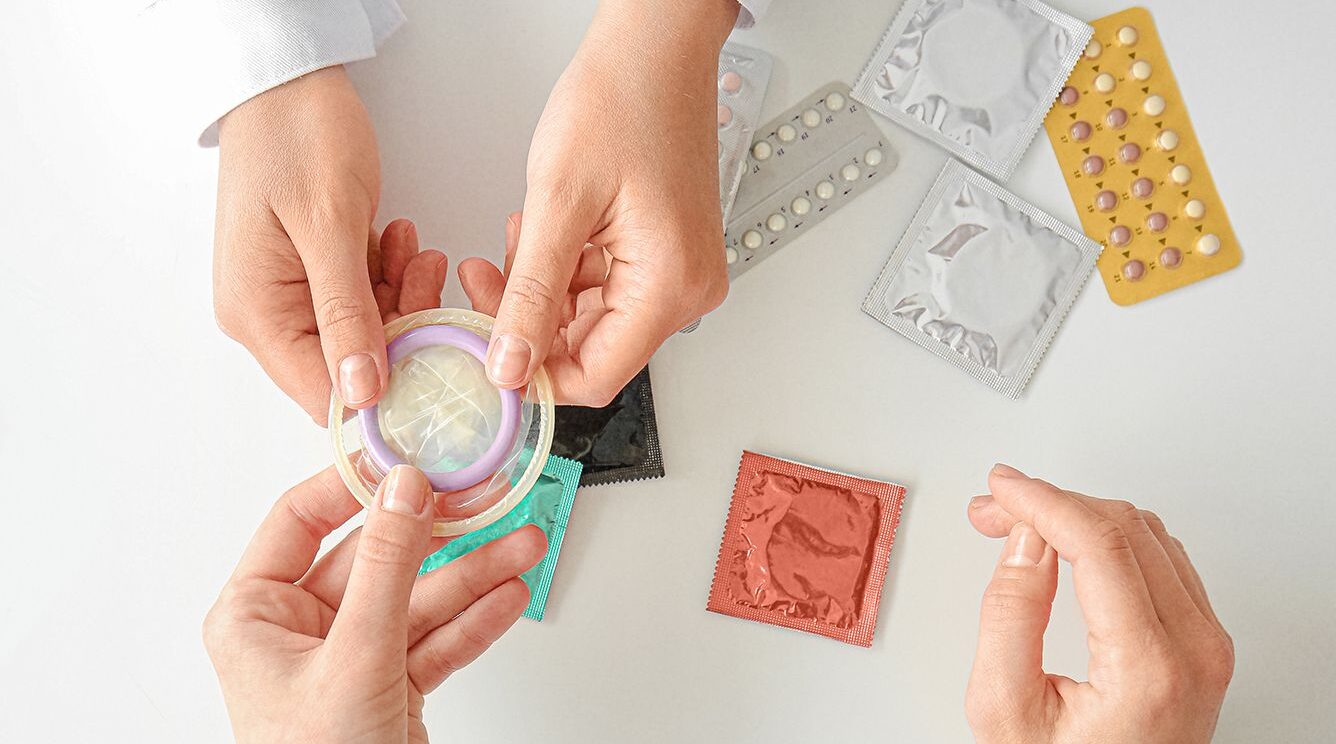Menopause is a natural phase in a woman’s life, usually occurring between the ages of 45 and 55. It marks the end of menstruation and the reproductive years. While this transition can bring physical and emotional changes, it doesn’t mean the end of a satisfying and active sex life. In fact, many women continue to enjoy a fulfilling sexual relationship during and after menopause. Here are some tips to help maintain an active sex life during this time.
Understanding Changes
Menopause brings hormonal changes that can affect sexual health:
- Decreased Estrogen Levels: Lower estrogen can lead to vaginal dryness, making intercourse uncomfortable.
- Reduced Libido: Hormonal changes can decrease sexual desire.
- Physical Changes: Weight gain, hot flashes, and night sweats can impact self-esteem and sexual interest.
- Emotional Changes: Mood swings, anxiety, and depression are common and can affect sexual desire.
Communication is Key
Open communication with your partner about your feelings and changes is essential. Discussing your needs and concerns can lead to greater intimacy and understanding. If talking about sex feels awkward, consider starting with a simple conversation about your health and gradually moving to more personal topics.
Seek Medical Advice
If you’re experiencing severe symptoms that affect your sex life, don’t hesitate to seek medical help. Treatments such as hormone replacement therapy (HRT), vaginal estrogen creams, or non-hormonal options can alleviate discomfort and improve your sexual health. A healthcare provider can help determine the best course of action for you.
Try Lubricants and Moisturizers
Vaginal dryness is a common issue during menopause. Over-the-counter lubricants and moisturizers can make sex more comfortable. Experiment with different products to find what works best for you. Water-based lubricants are often recommended for their compatibility with condoms and ease of use.
Stay Physically Active
Regular physical activity can boost your overall health, increase your energy levels, and improve your mood. Exercise also enhances blood circulation, which is beneficial for sexual health. Activities like walking, yoga, and swimming can be particularly helpful.
Focus on Emotional Intimacy
Sex isn’t just about physical intercourse. Emotional intimacy plays a significant role in a satisfying sex life. Spend quality time with your partner, engage in activities you both enjoy, and maintain emotional connections. This can enhance your bond and make sexual experiences more fulfilling.
Explore New Ways of Being Intimate
Menopause is an excellent time to explore different ways of being intimate. Consider activities that don’t focus solely on intercourse, such as:
- Massage: Giving and receiving massages can be relaxing and enhance physical closeness.
- Sensual Touching: Explore each other’s bodies without the pressure of sex.
- Intimate Conversations: Sharing fantasies and desires can bring you closer.
Practice Relaxation Techniques
Stress and anxiety can negatively impact your sex life. Incorporate relaxation techniques such as deep breathing, meditation, or mindfulness into your daily routine. These practices can help you manage stress and improve your overall well-being, making you more receptive to intimacy.
Maintain a Healthy Diet
A balanced diet can positively affect your energy levels and overall health, which in turn can improve your sex life. Focus on a diet rich in fruits, vegetables, whole grains, and lean proteins. Staying hydrated is also crucial.
Keep a Positive Attitude
Menopause is a natural part of life, and embracing it with a positive attitude can make a significant difference. Accepting your body and the changes it goes through can enhance your self-esteem and make you feel more confident in your sexuality.
Menopause may bring changes, but it doesn’t mean the end of your sex life. By understanding these changes, communicating with your partner, seeking medical advice when needed, and focusing on emotional intimacy, you can continue to enjoy a fulfilling and active sex life during and after menopause. Remember, every woman is different, so find what works best for you and embrace this new chapter with confidence and positivity.



